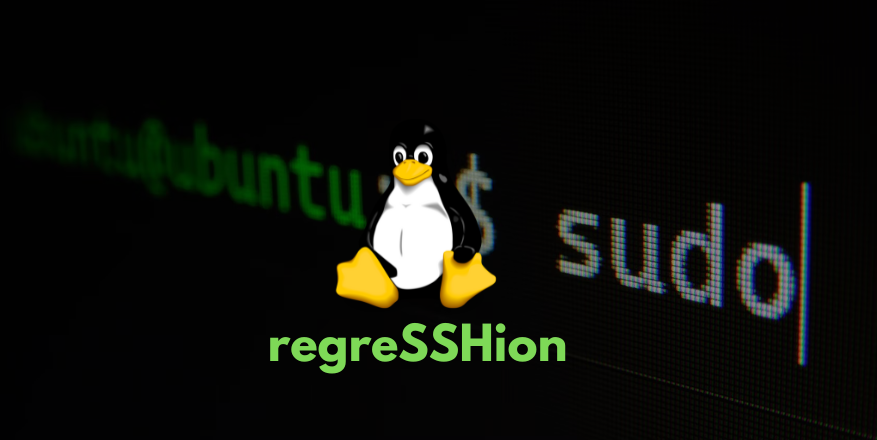New OpenSSH Vulnerability “regreSSHion” Enables Root Privileges on Linux Systems

A recently discovered vulnerability in OpenSSH, dubbed “regreSSHion” (CVE-2024-6387), has been identified by Qualys researchers. This critical flaw allows unauthenticated remote attackers to execute arbitrary code with root privileges on glibc-based Linux systems.
What is OpenSSH?
OpenSSH is a widely used suite of networking utilities based on the Secure Shell (SSH) protocol. It provides secure remote login, remote server management, administration, and file transfers via SCP and SFTP.
Details of the regreSSHion Vulnerability
- Identifier: CVE-2024-6387
- Discovered by: Qualys in May 2024
- Severity: Critical
- Affected Systems: OpenSSH versions 8.5p1 to 9.7p1 on glibc-based Linux systems
Description
The vulnerability arises from a signal handler race condition in sshd. If a client does not authenticate within the LoginGraceTime (default 120 seconds), sshd‘s SIGALRM handler is called asynchronously. This handler calls various functions that are not async-signal-safe, leading to potential memory corruption and arbitrary code execution.
See Also: So, you want to be a hacker?
Offensive Security, Bug Bounty Courses
Potential Impact
Exploitation of this vulnerability can lead to severe consequences, including:
- Full system takeover
- Installation of malware
- Data manipulation
- Creation of backdoors for persistent access
- Facilitation of network propagation
Exploitability
While Qualys indicates that the regreSSHion vulnerability is difficult to exploit and requires multiple attempts to achieve the necessary memory corruption, the use of AI tools may increase the success rate of exploitation.
Mitigation and Recommendations
To address or mitigate the regreSSHion vulnerability, the following steps are recommended:
- Update OpenSSH: Apply the latest update (version 9.8p1), which addresses this vulnerability.
- Restrict SSH Access: Use network-based controls such as firewalls and network segmentation to restrict SSH access and prevent lateral movement.
- Temporary Mitigation: If updating immediately is not possible, set
LoginGraceTimeto 0 in thesshdconfiguration file to minimize exposure. However, this can make the server susceptible to denial-of-service attacks.
Trending: Offensive Security Tool: Genzai
Are u a security researcher? Or a company that writes articles about Cyber Security, Offensive Security (related to information security in general) that match with our specific audience and is worth sharing? If you want to express your idea in an article contact us here for a quote: [email protected]
Source: bleepingcomputer.com













